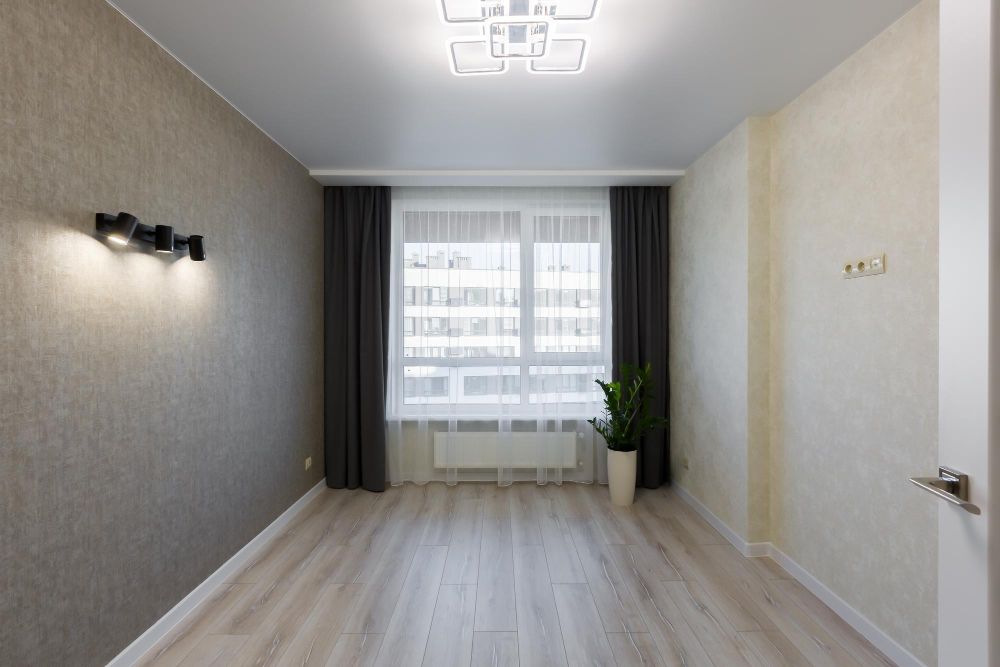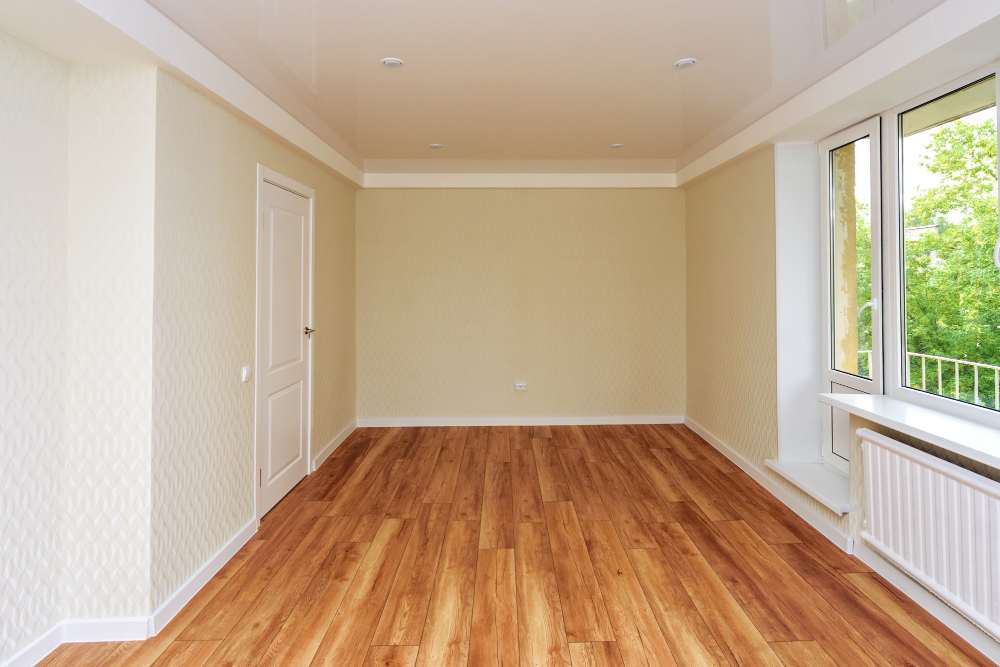Real Estate Investing: Buying Unfurnished House and Lot

The goal of real estate investing is to put your money to work today so you can have more money tomorrow. The profit, or return, on your investments, must be sufficient to cover the risk you take as well as the taxes you pay. Other expenses associated with real estate ownership include utilities, maintenance, and insurance.
When you understand the fundamentals of investment, economics, and risk, real estate investing can be quite simple. You purchase properties, avoid bankruptcy, and earn money through rent, all in order to purchase even more properties.
But keep in mind that “simple” does not imply “easy,” and making a mistake can result in anything from minor inconveniences to major disasters.
Real Estate Investment
Property has the potential for growth and stability that stocks and bonds do not. Even if you’re a first-time investor with no prior experience, your first property purchase could turn out to be profitable.
Investing in real estate entails numerous risks. However, there is a learning curve, as with most things. Before diving into the deep end, you’ll need some practice. Real estate investment requires practice and knowledge to reap the benefits. Many investors have a real estate position in their portfolio. However, diversifying your portfolio with other real estate investments can help you protect yourself from stock market volatility.
Real Estate Investment Options:
- Rental properties for both residential real estate, industrial real estate, and commercial real estate. Examples of this rental property are apartment buildings and commercial property.
- REITs or real estate investment trusts
- Real estate investment groups
- Flipping houses or wholesale real estate investing where investors purchase a property not to use or unfinished, but with the intention of selling it for a profit.
- Real estate limited partnerships
- Real estate mutual funds
Buying Unfurnished Properties in the Real Estate Market
The term “unfurnished property” refers to a real estate property that lacks all furnishings except the basic light fixtures, ceiling fan, and plumbing system.
When you want to reduce your total mortgage loan, unfurnished units or real estate properties may be a better option. If set up as a rental property, unfurnished properties can carry renter’s insurance for their belongings within the property, lowering the overall insurance costs to the property owner.
When deciding on a long-term tenant, choosing an unfurnished unit can also be a good option. It eliminates the hassle of furnishing your unit yourself, and the real estate agent is responsible for finding you a tenant who wants to move into an unfurnished unit. This does, however, limit your options because the majority of tenants prefer at the very least basic furnishings. It also means you’ll have to ask for a lower rental rate because they’ll have to pay their own money to furnish the property.

Advantages of Real Estate Investors in Unfinished Property
- Property taxes and insurance can be significantly less expensive than insuring the a furnished property. Unfurnished properties if set up as a rental property can carry renter’s insurance for their belongings within the property, lowering the overall insurance costs to the property owner.
- Unfurnished properties sometimes require less attention from owners and property managers because the tenancy turnover rate is lower and fewer issues need to be handled.
- When a tenant furnishes a property, it offers them a greater sense of belonging, which can lead to a longer, more consistent tenancy. Less tenant turnover might lead to increased stability and predictability in meeting your investment objectives.
- Real estate investing specially with unfinished properties is less riskier than investing in equities due to the consistent price appreciation. Real estate may not have the same profit potential as stocks, but it is less volatile in terms of price.
Disadvantage Real Estate Investors in Unfinished Property
- When you invest in physical properties, you will need a large amount of money—either your own or borrowed money—to acquire, manage, and improve a property.
- Unfurnished properties will never attract the same rental prices as furnished properties. As a result, periodic percentage rent increases are lower, and the property will not generate as much revenue overall.
- It happens frequently. Even the most experienced movers will inevitably ding a wall or a door jamb when moving furniture in and out of a home. Some costs connected with such damage may be compensated by keeping some or all of a security deposit or by settling with the moving firm, but these costs are frequently borne by the property owner.
- There is a risk of losing money due to a variety of issues associated with property ownership and management, including the following:
- Hidden structural flaws, such as a leaking roof or foundation difficulties, etc.
- Property that necessitates excessive maintenance
- Poor location
- a lot of vacancies (for rental properties)
- Not charging a sufficient rent
- Problem renters include those who pay late or do not pay at all, cause damage to the property, and so on.
Four Ways to Profit from Investing in Unfinished Property
Cash Flow Profit
This type is concerned with real estate investors purchasing an unfinished condo unit or apartment complex and converting it into a rental property. Tenants then provide you with cash flow or rental income. Cash flow revenue can also come from storage units, office or retail buildings, and rental dwellings, in addition to apartment complexes.

Real Estate Appreciation
This is what happens when the value of a property rises owing to a change in the real estate market. For example, the land surrounding your property may become scarcer or busier. Perhaps you improved the house to make it more appealing to purchasers. Real estate appreciation is a difficult game to play since it is difficult to anticipate. Investing for cash flow income is riskier.
Real Estate-Related Income
This income is typical for real estate agents such as brokers (brokerage account and online brokers). They may profit from commissions on unfinished homes they have assisted a customer in selling(either to another real estate investor who does wholesaling) or owning real estate. In exchange for administering the day-to-day operations, real estate management businesses are frequently allowed to keep a share of the rent.
Income from Ancillary Real Estate Investments
This can be a big source of profit for some. Adding vending machines in unfinished office buildings and in rental flats are examples of ancillary real estate investment income. This entails mini-businesses within a larger real estate venture. They allow you to profit from a semi-captive group of customers.




